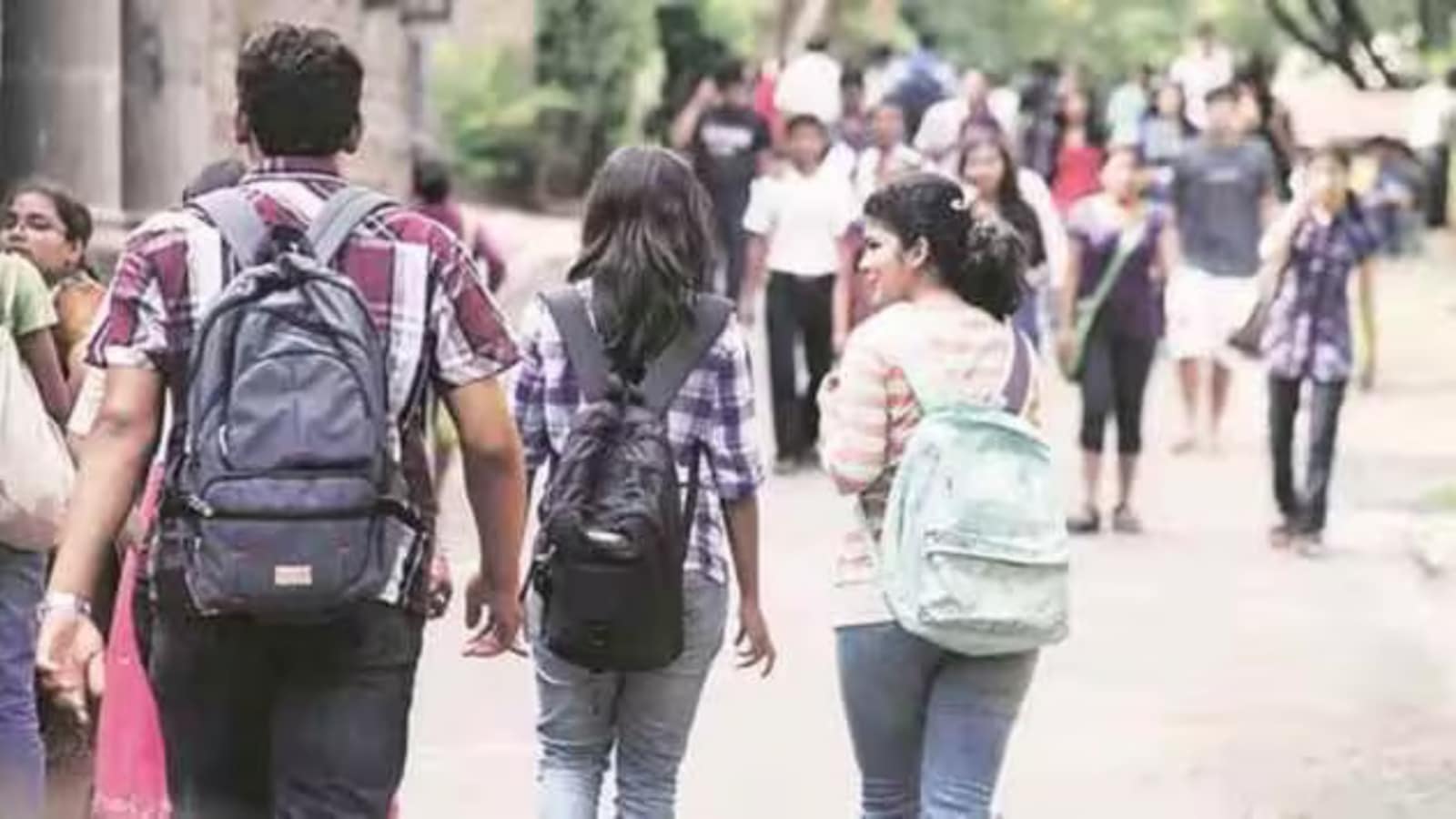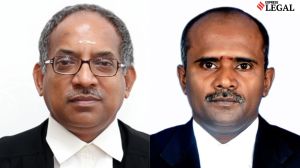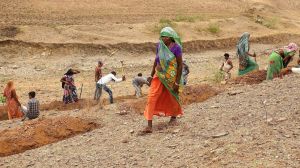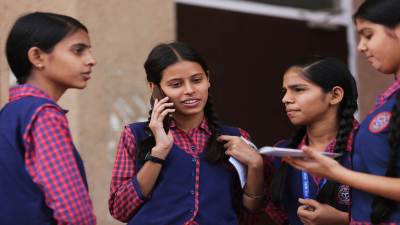Click here to join Express Pune WhatsApp channel and get a curated list of our stories
In Pune, college students from rural and marginalised backgrounds face an uphill task
Several students said apart from not being able to speak in English, they face many other challenges while studying in Pune.
 Facing language barriers, academic challenges, and lack of infrastructural support and mentorship, they end up either with backlog papers or in some cases dropping out. (File)
Facing language barriers, academic challenges, and lack of infrastructural support and mentorship, they end up either with backlog papers or in some cases dropping out. (File)Meritorious students from rural and marginalised backgrounds who make it to prestigious colleges in Pune often find it hard to adjust to the new city.
Facing language barriers, academic challenges, and lack of infrastructural support and mentorship, they end up either with backlog papers or in some cases dropping out.
Language barrier
For Bharat Thorat, who came from Beed to Pune this year for his undergraduate degree at one of the top colleges in the city, English has been the major challenge even though he is enrolled in a Marathi-medium course.
“With the new NEP format, we have several courses from other subjects and I took up science because it is relevant but the teachers barely talk in Marathi. I am a Marathi medium student but the notes sent by teachers in these subjects are all in English. I use Google Translate but you cannot really excel this way,” said Thorat.
Thorat belongs to the Scheduled Caste category and comes from a drought-stricken area. His father is disabled, and his mother took a loan for his fees. After months, he is now temporarily settled in a place.
He skips lunch every day because of the financial crunch but amidst all of it, spends hours learning English on YouTube.
After his bachelor’s in Tuljapur, Kishor Sidram Bhagat also faced similar challenges when he came to the Gokhale Institute of Politics and Economics for a Master’s degree from Osmanabad.
“I had neither any technical literacy nor familiarity with academic writing. I had managed to learn English upto a functional level but I would never speak in class because I had such low confidence. Even the Marathi in Pune is a certain kind of Marathi that I was not familiar with,” said Bhagat.
Academic challenges
Ashok Jogdand, a second-year Economics student at one of the SPPU-affiliated colleges, managed to overcome the language challenge with the help of some courses, support from mentors, and “some luck”.
Jogdand said the lack of English speaking ability is just one of the several challenges.
“Academic writing and reading require not just an excellent hold over the language but also critical thinking skills. We are barely familiarised with referencing and citations and so we face problems while writing research papers or even statements of purpose,” said Jogdand.
“So many students find themselves unable to cope, get several backlog papers and give up hopes of any further degrees. Others simply drop out mid-way feeling they’d rather try earning through other ways,” he added.
Some students also feel there is a gap in the syllabus at state universities like Savitribai Phule Pune University (SPPU) and others which works to their disadvantage.
Anagha, who belongs to Sangli and is now doing her Master’s in Mathematics at SPPU, said, “SPPU has almost double the syllabus compared to other smaller universities. When I came here after my bachelor’s at Kolhapur University, I realised that it was taken for granted that all students already knew many topics. For many like me, those concepts were barely touched on before so we would be lagging”.
Fergusson College earlier had a vibrant system of student-organised remedial classes where students could seek support from seniors and classmates but most of these groups are not active any more.
Sahil, a graduate of Fergusson College, said many find no accessible mentorship and end up dropping out.
Lack of confidence and mental health issues
Pravin Nikam, Founder, Samata Center, an organisation which works for underprivileged students in the city, said lack of confidence, mentorship, and support are major issues, especially for students who come from rural areas or tier 2/3 cities or marginalised communities.
“They feel self-conscious possibly due to their English-speaking skills, lack of exposure, and often even a lack of knowledge and clarity about what they want to pursue in future,” said Nikam.
“These students do not have social-cultural capital and other resources and now they have to compete with students who belong to urban spaces and are familiar with many things. It becomes important to enable these students so they can build career readiness and academic skills which many of them lack despite being hard working and intelligent,” he added.
SPPU’s Anagha said when she came to Pune, it would be challenging to interact with people.
“The moment you open your mouth and try speaking in English, there are grammatical errors, pauses, and lack of words. Many students from rural areas would prefer staying quiet and by themselves,” she added.
She also pointed out that adjusting to a new and bigger city is especially difficult for women who have much at stake.
“Thankfully my family has been supportive of my education but for many of my friends who also came from rural areas and smaller cities, it was difficult from both sides. Women have to often fight with their families to come to a big city to study. And after coming here if the families find out that they are not able to cope with academics, then they will call them back home and put a stop to their education,” she said.
While teachers from some of the colleges said there usually is one paper on academic writing and research methodology in several arts disciplines, they admitted it is not always possible to give much individual attention.
“With NEP implementation, there are some foundational skill courses on English speaking and writing that have been introduced this year but there are no remedial classes as such,” said a faculty member of Modern College.
Way forward
Samata Center has been collaborating with several colleges and offering pro-bono programmes and fellowships for students from rural and marginalised backgrounds offering career guidance and skill enhancement in keeping with the times. But such efforts are few and far apart.
To help students from rural or vulnerable backgrounds overcome the issues they face, student activist Kuldeep Ambekar said comprehensive measures should be taken by higher educational institutions.
“Not only this, concrete facilities for career guidance and mental health support for these students is needed,” Ambekar said.
Anagha added, “There could be some short bridge courses for students when they join college so that we can come to par. Teachers could be more observant of patterns in students and take a little extra time to ensure more students are keeping up”.
Click here to join Express Pune WhatsApp channel and get a curated list of our stories







